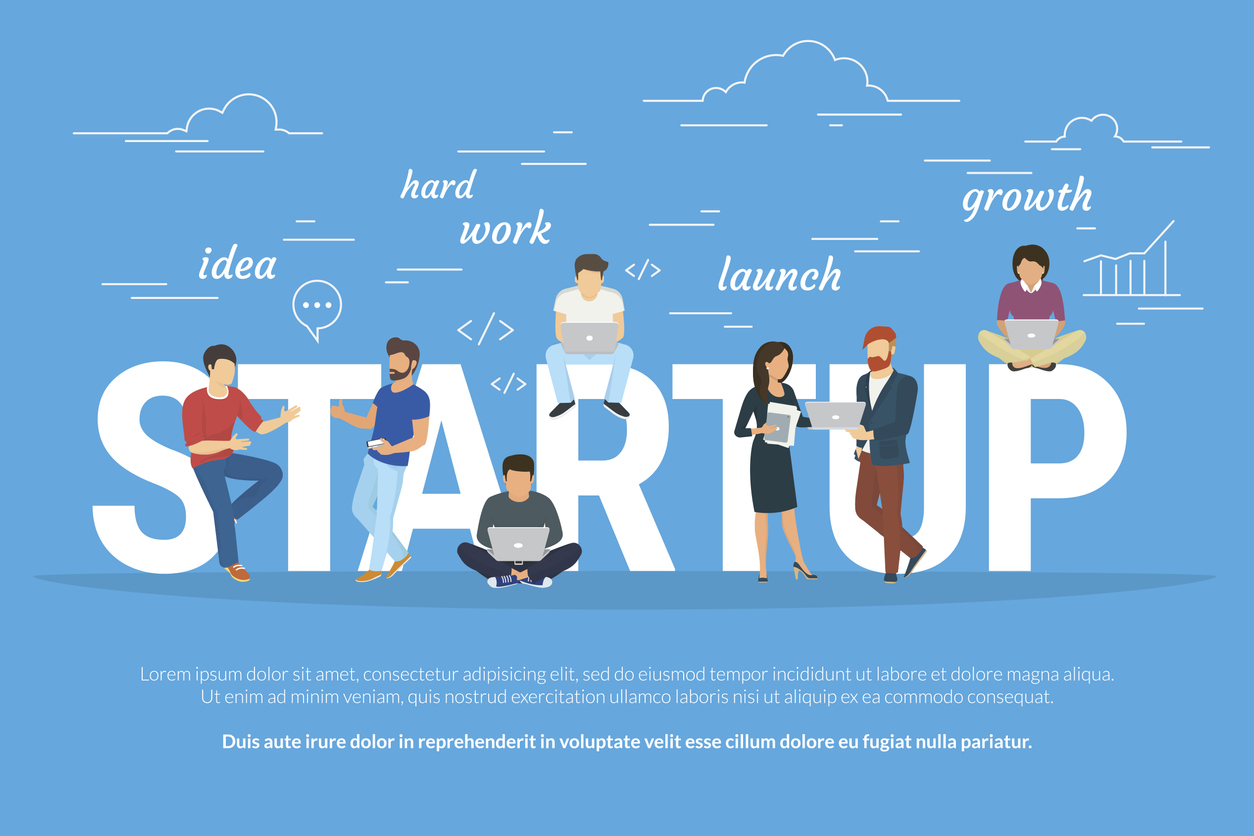2022/10/25
ICTCO Dissolved; Continuity of Policies is Indispensable to Create and Nurture Start-ups

(The original article in Japanese was posted on July 29, 2022)
In July 2013, Nakano-ku (one of the 23 wards of Tokyo) publicly solicited businesses to operate industrial promotion centers with the aim of creating new industries through industry-government-academia collaboration, and the selected businesses headquartered in Nakano-ku established the Nakano-ku Industrial Development Promotion Organization (ICTCO). This August, ICTCO will comple terminated its nine years of activities due to the expiration of its cooperation agreement with Nakano-ku. Yano has participated in ICTCO since its establishment, and has been involved in the organization's activities for the entire period, together with the Seibu Shinkin Bank, the Kozo Keikaku Engineering, Inc., and the Nakano Contents Network Association. Unfortunately, the project ended halfway through, but we are proud of having played a certain role in the industrial promotion of Nakano-ku.
ICTCO has proven a track record of launching new businesses and supporting the growth of start-ups in the fields of ICT (information and communications technology), content businesses, life support, and art through the operation of members-only shared office space. It has also engaged in activities beyond the business realm, such as holding of Science Cafés for Nakano-ku residents and proposal of the use of ICT to solve the administrative issues of Nakano-ku. These are all achievements of Mr. Kiyoshi Itao (Professor Emeritus of the University of Tokyo, Doctor of Engineering), the director of ICTCO, who worked hard on the front line of the activities for nine years. In particular, high-level collaborative projects with R&D-oriented companies and educational institutions in and outside of Nakano-ku have been successful largely due to broad connections, great activity, and rich knowledge of Mr. Itao, who is also the chairman of the Nonprofit Organization, “The Advanced Institute of Wearable Environmental Information Networks” (WIN).
Japan’s investment in entrepreneurial ventures is only 1% of that of the US and 17% of that of China. The number of unicorn companies* is 488 in the U.S., 170 in China, and 16 even in Singapore with a population of only 5 million. There are only 11 in Japan. Moreover, the rate of opening new businesses in Japan is only half the rate of the US and Europe. These are facts and symbolic figures that are often cited when pointing out the slowdown in the growth potential and the delay in structural transformation of the Japanese economy. However, that does not mean that “Japanese people lack an entrepreneurial spirit.” Last year, the national government’s Expert Committee on the Growth Strategy discussed “restructuring and consolidation of small and medium-sized enterprises (SMEs)” for the purpose of productivity improvement. This means that the issue of too many SMEs was raised in the committee. In other words, Japan used to be full of entrepreneurs.
*Unicorn companies: unlisted companies with a valuation of $1 billion or more that have been in business for less than 10 years
In fact, through the nine years of ICTCO’s activities, we have realized that the entrepreneurial spirit of the Japanese people, from students to seniors, has never waned. So why are we lagging behind in creating new industries?
Innovative unicorns will not emerge from business policies for SMEs based on the structure in which the SMEs are working simply as subcontractors of large corporations. Moreover, a social system that does not tolerate and share risk and heresy is very likely to discourage new challenges. This year, the Japanese government’s “Basic Policy on Economic and Fiscal Management and Reform” clearly mentioned that start-ups are “engines of growth” and announced its commitment to their creation and nurture. I look forward to the establishment of a comprehensive and sustainable business creation environment without flinching from the constraints and pressures of vested rights and existing values.
This Week’s Focus, July 29, 2022
Takashi Mizukoshi, the President